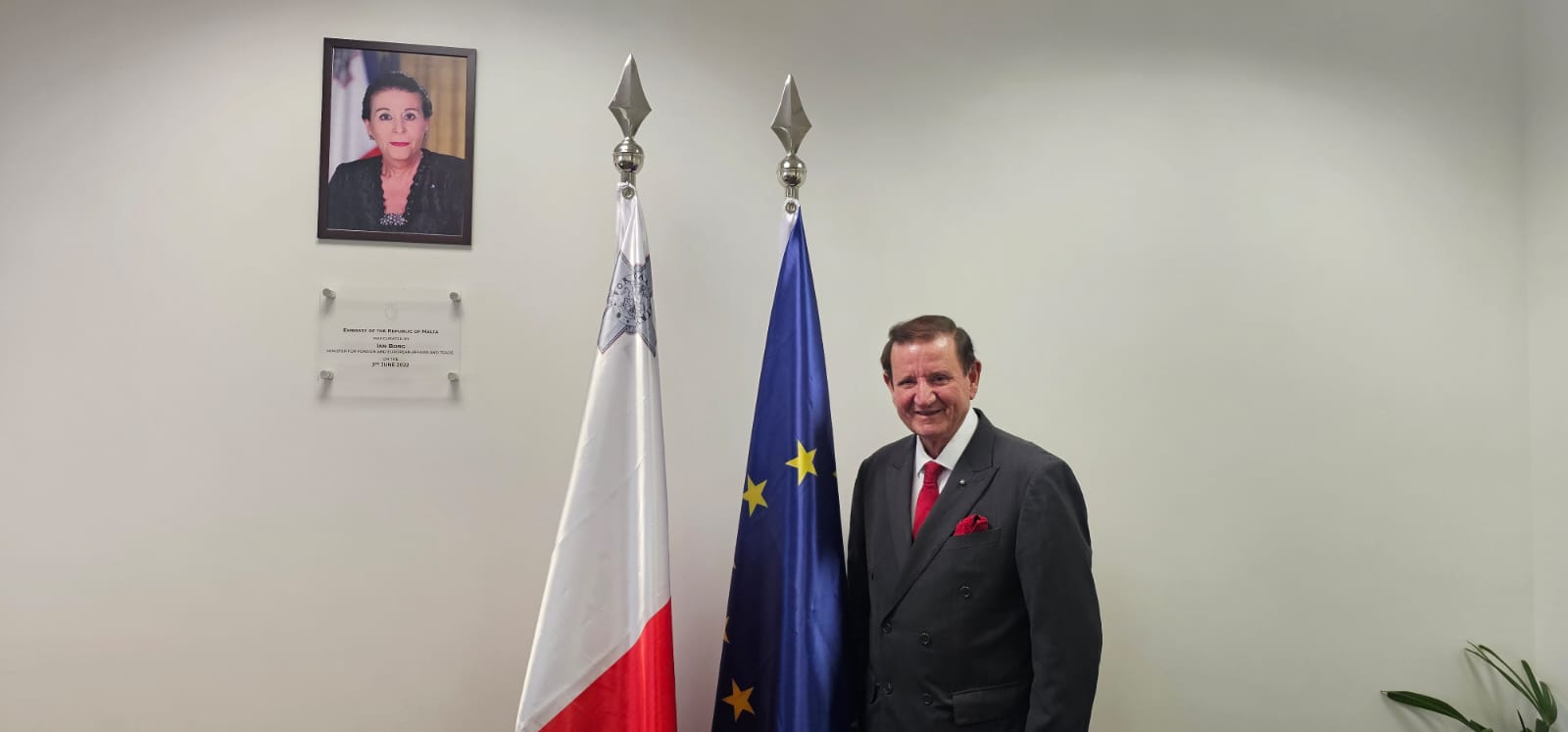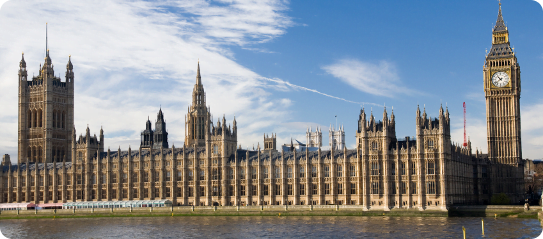The early stages of any negotiation are all about positioning. The Brexit negotiation is no different. British Prime Minister Theresa May’s letter invoking Article 50 – and the draft negotiating guidelines issued by European Council President Donald Tusk – are both exercises in positioning. Each sets out objectives and constraints, as the two sides compete to shape the negotiations in their favour.
Some of this is what game theorists call cheap talk, essentially “no cost” statements about one side’s position that don’t bind it in, at least not in any meaningful way. The vague British assertion that no deal is better than a bad deal is arguably just that.
Some others are deliberately constraining politically. While they are not irrevocable, they are politically costly to reverse. The UK’s refusal to accept the jurisdiction of the ECJ is one, as May would face heavy criticism from within the Conservative Party and the British media if she changes position – and EU negotiators know it. But some blurring of the UK position is possible and perhaps even likely.
Other positions are more likely to be truly binding, deliberately so. Here the EU has an advantage. Ironically, this is because of its bureaucratic, rules-based procedures, so disliked by Eurosceptics. The EU is using these to lock itself into a position on the sequencing of the negotiations that is to its advantage. The EU treaties say there can be no trade deal until the UK leaves the EU. But the EU guidelines say talks on a “framework” could begin earlier, but only once the European Council has determined that “sufficient progress” has been made on the politically-sensitive financial settlement. The combined effect will be to allow the European Commission to refuse to even talk about trade until it has extracted a large exit bill from the UK.
Over the past week, since the formal Brexit paperwork was dispatched, there have been more attempts at positioning. While informal, these are still revealing.
At the start of last week came the suggestion from the EU side that the simplest way to handle the transition would be to agree zero-tariff trade in goods, while going “cold Turkey” in services. That is conceptually simple, but much more favourable (or less damaging, depending on your perspective) to the EU than the UK. As Figure 1 shows, the EU runs a large trade surplus with the UK in goods, but a deficit in services. This may sound like cheap talk, but is anything but. The two-year deadline to agree divorce terms means that transitional arrangements may have to be agreed hastily. The EU’s fall-back plan should have British negotiators sweating, which is the intention.
Then came the suggestion towards the end of last week that Theresa May is dismantling some of the political roadblocks to a Brexit deal. She now appears more open to accepting free movement of EU workers during the transition and has obtained the backing of Brexit enthusiasts in her cabinet. This shows how she must, in effect, negotiate with her own party at the same time as she negotiates with Brussels. The EU will take note, as it must judge just how politically constrained the British are when driving a hard bargain.
What May has not done, yet, is to address the biggest road block, which is money. This is the biggest, not because it is the most important issue, but because it must be addressed early to allow progress elsewhere. The gap between the two sides is wide and on this the positioning of the EU has been ruthless, locking in a hard line and putting pressure on the British to make concessions. This must happen. Even so, there is little sign of May preparing public opinion and Conservative MPs for a hefty bill. It is important that she does.
As important as finding and exploiting leverage is understanding where the other side has it and intends to use it. It is hard to avoid the conclusion that the EU enjoys more leverage than the UK on many issues, but particularly on money. Reaching agreement in this area will provide a leading indicator of the success or otherwise of the negotiations.












www.global-counsel.com.uk